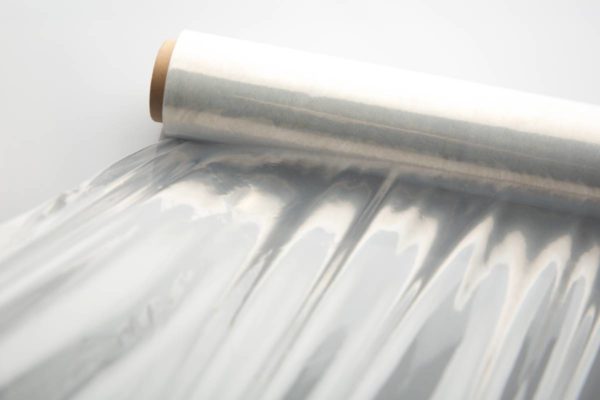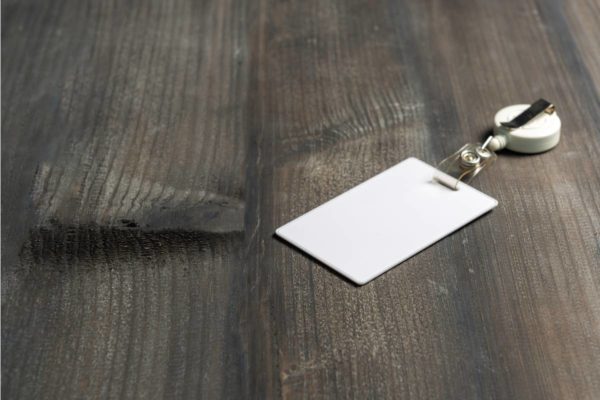With such a massive number of applications for plastics, it’s no wonder that most firms require film converting capabilities or customization services to ensure that film products are well suited to meet their specific needs.

For reference, most stock film products come on master reels, which are large rolls of film that can be unraveled and cut as needed. However, many companies and organizations do not need their own reels that are quite this size. And some may need films in a different format altogether.
Film conversion services ensure that your plastic film products arrive ready to use in your specific projects. Working with a provider that offers these options can increase productivity among your own team and cut material waste. Here’s a guide to some of the popular capabilities to look out for when selecting plastic films and conversion services.
A List of Film Converting Capabilities:
Below is a list we compiled of the differing film converting capabilities available to and utilized by providers today:
Film Slitting
Film slitting involves cutting a roll of film to a specified size. Master rolls come in large sizes, but many firms still require their own film rolls, just with different dimensions. This method cuts those large master rolls to make them narrower in width and/or shorter in length. Rolls are then shipped as-is, so users can cut sheets from the new size as needed. This method is often most useful for businesses that require ongoing access to film that is roughly the same size, but that they can easily cut on site as needed.
Sheeting
Film sheeting involves trimming pieces from master rolls of film to provide the exact dimensions needed for each product. Whereas film slitting generally only cuts the material in one direction, sheeting usually involves cutting film pieces on a guillotine, so both the length and width dimensions are precise. In addition, this process can be completed for multiple sheets of film at once. After each piece is cut to the precise dimensions needed for a project, they are carefully wrapped individually and stacked inside protective casing so they can be shipped to the end user safely. This option is ideal for any firm that needs plastic sheets of specific dimensions, especially those that may use one size at a large scale.
Annealing
Annealing involves heating plastic and then cooling it under a controlled environment to reduce internal stresses and change the chemical structure of the material. This process often makes plastic sheets and film softer and more easily formed into specific shapes. It’s not possible with every material, so work with your provider to determine if this is an option for your specific projects. This specialized service is often used by firms that need to further machine their plastics into precise forms or applications.
Laminating
Laminating involves adhering plastic film over and around another material. This film is generally coated with an adhesive on one side. Then the printed materials or graphics can be added, and another layer of laminating film is added over the top of that material. Heat or pressure is often used to seal the two pieces of plastic film completely together so the interior material is fully contained between them. This process is ideal for various applications that require protective plastic films over two-dimensional materials like signage or ID cards.

Kitting
Once the plastic film products you need are produced, they may need to be combined or packaged together for optimal efficiency. Kitting generally includes the process of gathering the materials and adding any protective packaging elements to keep them safe and ready to use throughout the shipping process. This value added service is especially essential for companies that use multiple types of plastic film products or those that require multiple films for certain projects.
Tips for Finding the Right Film Converting Capabilities for Your Projects
In addition to the actual capabilities listed above, it’s important to look for a plastic film provider that has experience working with companies in your industry. They are more likely to have the knowledge of what film conversion services work well for your materials and specific needs. It may also benefit you to work with a provider that serves a wide array of industries, since they may even have knowledge of conversion capabilities used in other fields that could provide a competitive advantage to your operations.
If your company could benefit from any of the plastic film converting services listed above, contact PolymerFilms to learn more. We offer a large array of plastic film materials that can be customized to fit the needs and requirements of various industries. We serve everyone from printed electronics suppliers to packaging facilities, and our team has the knowledge and experience to help you identify the top materials and conversion services to best suit your needs. To request a free consultation to discuss your film conversion needs, visit our website to find your closest PolymerFilms branch.
Recent Posts







